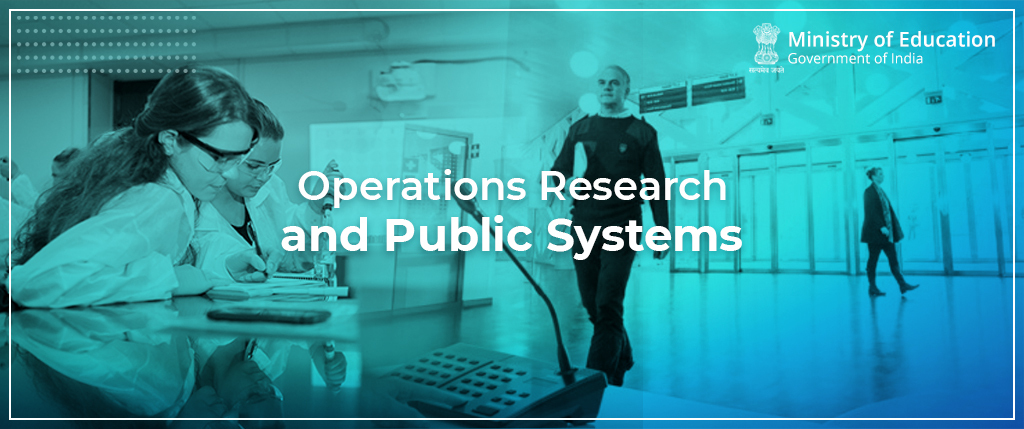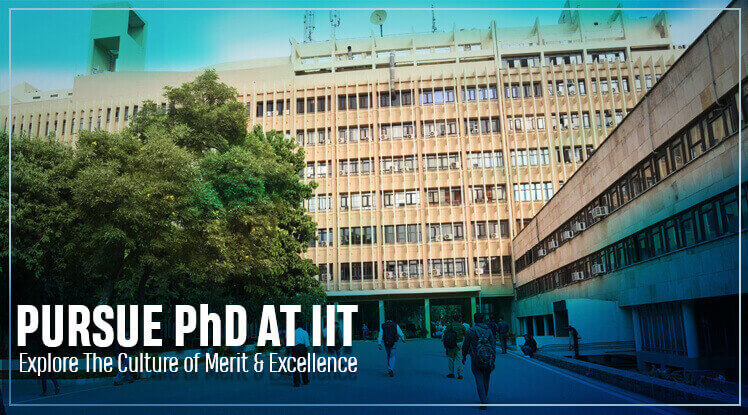Operations Research and Public Systems

Operation Research (OR) is a scientific approach to decision making. The objectives of operation research include scientifically deciding how best to design and operate systems in complex scenarios, by applying a set of advanced analytical methods. It couples theories, results and theorems of mathematics, statistics and probability with its theories and algorithms for problem-solving. Applications of OR techniques spread over various fields in engineering, management and public systems.
The introduction to operations research was just before World War II in Britain with the establishment of teams of scientists to study the strategic and tactical problems involved in military operations. The introduction to operations research was to find the most effective utilization of limited military resources by using quantitative techniques. Since then, the methods started to be employed extensively to problems in industry, business and society. Now it has become an area of active academic and industrial research.
The objectives of operation research include: decision making, optimum solution identification, integrating the systems, improve the objectivity of analysis, minimize the cost and maximize profit, productivity improvement, success in competition and market leadership. Operation research study generally involves the following phases: the formulation of the problem, data collection, driving the solution from the model, testing the model and its solution, controlling the solution with any degree of satisfaction, and implementing the model.
India is one of the few first nations in the world that started using operations research in several industries, including petrochemicals, logistics, airlines, finance, government, agriculture, defence, public health etc. Today, the impact of operations research can be felt in many areas. This is shown by the ever-increasing number of educational institutions offering academic programmes including operational research courses and carrying out research projects on this subject. The operational research syllabus is ever-expanding as institutes are now offering masters and PhD in operations research.
IIT Delhi has strong research activities in several relevant research areas such as Operations Research, Public Systems and Policy. The Institute was also ranked among India’s top institutions for Statistics and Operations Research. The faculty and students of IIT Delhi are actively involved in their research work, with their research topics in operations research focusing on both theory and application fronts. Broad areas of application are in Supply Chains, Logistics, Transport including Railways, the Airline industry, Public Health, Manufacturing systems, Production and Operations Management and Efficient Governance.
IIT Delhi has been successfully working towards redefining its role from being a teaching-centric institution to an organization that plays an important role in addressing societal needs and contributing directly to the nation’s economic growth. The United Nations World Food Programme (WFP) India and Indian Institute of Technology Delhi collaborated in June 2020 to develop innovative solutions for the government’s food safety nets through operations research. The collaboration aims to support governments in achieving food and nutrition security targets. The overall objective of this partnership is to use advanced analytics and operations research to develop practical solutions that support long-term strategic planning of procurement, storage, and movement of food grains by Food Corporation of India (FCI), the nodal central agency of the Government of India, and at the same time create cost-effective supply chain networks for distribution of these food grains under the Targeted Public Distribution System (TPDS) at the state level. The IIT and UN aim to optimise the supply chain and analyse critical operational data such as current stocks, projected harvest yields and consumption figures. Through this research, the institutes will identify the challenges and offer solutions.
IIT Delhi has also started 12 new Centres of Excellence in the last four years with funding from industry and alumni. The DAKSH Centre of Excellence for Law and Technology at IIT Delhi was established through an MoU signed in October 2020 between IIT Delhi and DAKSH Society, Bengaluru. The centre will conduct interdisciplinary research to explore and understand various aspects of the justice system. It aims to bring together lawyers, researchers, scientists and policy analysts to build solutions for the biggest challenges facing the justice system, drawing from fields such as operations research, data analytics, technology and law. As an interdisciplinary centre harnessing the strengths and experience of IIT Delhi and DAKSH, the CoE will leverage rigorous research to produce a real-world impact in the functioning of the justice system. IIT Delhi brings to the CoE its expertise in statistical techniques, data modelling, natural language processing, and machine learning. DAKSH offers its pioneering use of data analytics to assist the judiciary and a deep understanding of judicial processes and the legal system.
To sum up, implementing Operations Research and pursuing a degree in operations research topics requires the use of mathematics to model complex systems, analyse trade-offs between key system variables, identify robust solutions, and develop decision support tools. As the principles and techniques of operations research are being applied in every field of human research and development, this will undoubtedly provide a great deal of opportunity in the coming years.
Apply for a PhD at IITs
Apply for a PhD at IITs — the best technology institutions of India







